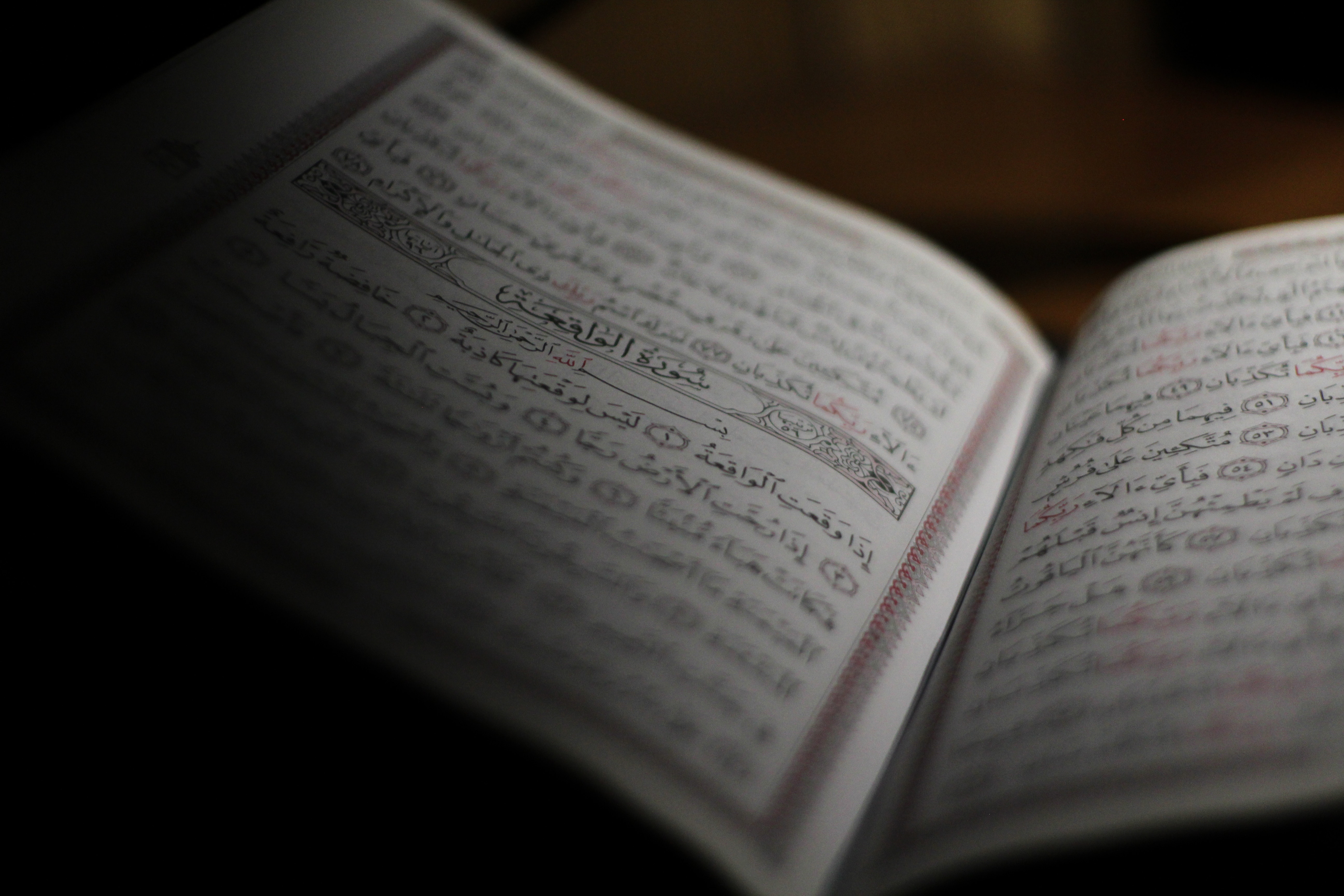Indian Diplomacy Towards Pakistan
By Nilofar Suhrawardy, Muslim Media News Service (MMNS)
NEW DELHI: History, internal politics, regional factors as well as diplomatic pressure from other quarters play a great role in shaping India’s diplomatic ties with Pakistan. Within less than two months of inking a joint statement with his Pakistani counterpart Syed Yusuf Raza Gilani in Sharm El Sheikh on July 16, Prime Minister Manmohan Singh sent a totally different message to people at home. The joint statement described the two prime ministers’ meeting as “cordial and constructive,†during which “they considered the entire gamut of bilateral relations with a view to charting the way forward in India-Pakistan relations.†While accepting that terrorism posed a serious threat, they “recognized that dialogue is the only way forward.†“Action on terrorism should not be linked to the Composite Dialogue process and these should not be bracketed,†according to the joint statement.
On Mumbai-terror strikes, which have had a negative impact on Indo-Pak ties, while Singh “reiterated the need to bring perpetuators of Mumbai attacks to justice,†Gilani “assured that Pakistan will do everything in its power in this regard.†They also agreed that, “real challenge is development and elimination of poverty.†They resolved to “eliminate†such factors and “agreed to work to create an atmosphere of mutual trust and confidence.â€
Later, expressing satisfaction on his meeting with Gilani on sidelines of Non-Aligned Movement (NAM) Summit in Egypt, Singh said that he had “good discussions†with him. During the meeting, “We discussed the present condition of India-Pakistan relations, its future potential, and the steps that are necessary to enable us to realize the potential,†Singh said.
Within less than two months of his talks with Gilani and just ahead of another top-level Indo-Pak meeting, Singh almost ruled out possibility of improving ties with Pakistan in the near future. “Until relations between India and Pakistan don’t improve and brotherhood does not increase, the atmosphere is not right for moving ahead,†Singh said at a function in the border district of Barmer in Rajasthan (August 29). At the same time, expressing his desire for improvement in Indo-Pak ties, Singh said: “I want our relations to improve.†“If relations between India and Pakistan improve, a lot of things can happen. I think border-states like Punjab, Rajasthan and other states will benefit if relations improve,†he pointed out.
Earlier in the week, while addressing the conference of Indian heads of missions, Singh said: “India has a stake in prosperity and stability of all our South Asian neighbors. We should strive to engage our neighbors constructively and resolve differences through peaceful means and negotiations†(August 25).
Difference in the diplomatic tone used by Singh on India’s approach towards Pakistan at different levels cannot be ignored. The joint statement inked in Sharm El Sheikh was certainly not confined to the Indian audience. It was released on sidelines of a multilateral summit, apparently to convince the world leaders that India and Pakistan are keen on normalizing their ties. A different message would certainly have been sent had the two prime ministers not held talks. Not only did they meet, held talks but they also released a joint statement. In other words, they exercised all diplomatic moves essential on the sidelines of another summit to assure the world that India and Pakistan are keen on improving their relations. Besides, the meeting was held a few days ahead of United States’ Secretary of State Hillary Clinton’s India-visit. India apparently was keen to convince US about its positive approach towards Pakistan. Had Singh and Gilani not held talks on an optimistic note, there prevailed the risk of United States using diplomatic pressure during Clinton’s visit for improvement in Indo-Pak ties. Thus, though the joint statement later invited strong criticism from opposition parties in India, it was framed and issued for the world leaders, including the United States. A similar diplomatic message was conveyed in Singh’s address at the conference of Indian envoys in the capital city (August 25).
The change in Singh’s tone stands out in the comments he made in Rajasthan, laying stress that atmosphere is not conducive for “moving ahead†with Indo-Pak talks. Similarly, while speaking at the inauguration of three-day conference of Indian envoys, External Affairs Minister S.M. Krishna said that meaningful talks with Pakistan would only be possible after Islamabad ended cross-border terrorism. Krishna also laid stress that India was keen to resolve its differences with Pakistan through talks. “We are still to see Pakistan take effective steps to end infiltration and dismantle the infrastructure of terrorism. We have maintained that a stable Pakistan at peace with itself is a desirable goal and we wish to address our differences with Pakistan through dialogue,†Krishna said (August 24). It cannot be missed that foreign ministers of the two countries are expected to meet in September in New York on sidelines of United Nations General Assembly meet.
Clearly, at one level the pause in resumption of Indo-Pak composite dialogue process gives the impression that two countries are still a long way off from normalizing their ties. Diplomatic significance of their holding top-level talks on sidelines of multilateral summits cannot, however, be ignored. They have not backtracked from their decision to normalize ties nor have restrained from making use of available diplomatic opportunities to shake hands and talk. While India is keen to let the world know about it favoring talks with Pakistan, at home, the government is apparently more concerned about convincing the people that cross-border terrorism remains a hurdle in normalizing ties with Islamabad!
11-37












2009
910 views
views
0
comments